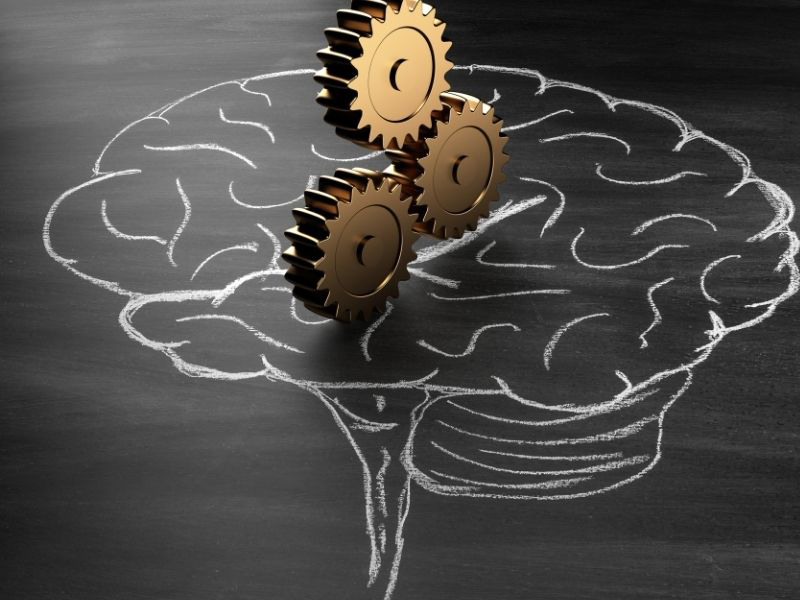How to Use Emotional Intelligence to Better Manage Yourself and Your Laundry Business
“When dealing with people, remember you are not dealing with creatures of logic, but with creatures of emotion.” – Dale Carnegie
Until recently, psychologists defined a person’s intelligence strictly based on how much intellectual knowledge one possessed, based on a standardized intelligence test. These tests gauge a person’s Intelligence Quotient, or IQ – with a higher test score indicating more intelligence and a lower score being attributed to lower intelligence.
The “average” IQ score is defined as 100.
However, psychologists recently have broadened the term “intelligence” to include much more than just a bunch of information stored in one’s head. And it’s about time that some key elements other than just facts are considered when determining the overall intelligence of an individual.
After all, who is “smarter” – a person with a Ph.D. in nuclear physics, or an individual who has never set foot on a college campus yet owns multiple successful laundry businesses, earns a high income and lives a great life?
The correct answer: they’re both highly and equally intelligent, because they both operate successfully in their own specific environments.
And, now, there’s a new kind of intelligence grabbing all the headlines in the world of behavioral science and rapidly broadening into the worlds of business, education and popular culture. It’s called emotional intelligence, or EI.
Emotional intelligence is defined as one’s ability to express and control his or her emotions properly, as well as the ability to understand, interpret and respond to the emotions of others. This applies both to the workplace and to one’s personal life. In fact, some experts suggest that emotional intelligence can be far more important than IQ in a person’s overall success in life.
It’s a scientific fact that emotions proceed thought. When emotions run high, they actually change the way our brains function by diminishing our cognitive (mental processing) abilities, decision-making skills and even our interpersonal skills.
On a strictly personal level within your day-to-day laundromat management and customer relationship activities having a high level of emotional intelligence will help you to, for example, successfully engage in uncomfortable conversations without hurting feelings, manage your emotions when feeling stressed or overwhelmed, improve relationships with those you care about, resolve conflict, and create a culture of collaboration.
The second part of EI is the ability to understand, interpret and respond to the emotions of your employees, customers, suppliers, landlords and business associates. In other words, people of high emotional intelligence have the ability to recognize their own emotions and the emotions of others in order to help guide their thinking and behavior to successfully navigate their work environments.
Developing emotional intelligence is a two-step process. First, develop it within yourself. Then, use it to successfully work with others within the professional environment.
It’s interesting to note that research studies of small-business owners possessing a high degree of emotional intelligence have determined that these individuals enjoy greater mental health, job performance and leadership skills.
Some of the important EI skills you need to develop include being able to accept criticism, being able to say no when you need to, and being able to solve problems in ways that work for everyone.
Why is emotional intelligence such a valued workplace skill? According to one major survey of hiring managers, nearly 75 percent of the respondents suggested they valued employees’ emotional intelligence more than their IQ.
As a laundromat owner, your first step is to develop your emotional intelligence skills to better control yourself and to better read and successfully deal with the emotions of those in your workplace – to promote positive relationships, better business decisions, teamwork and effective communication.
Next time, I’ll discuss ways in which you can strengthen your emotional intelligence.












